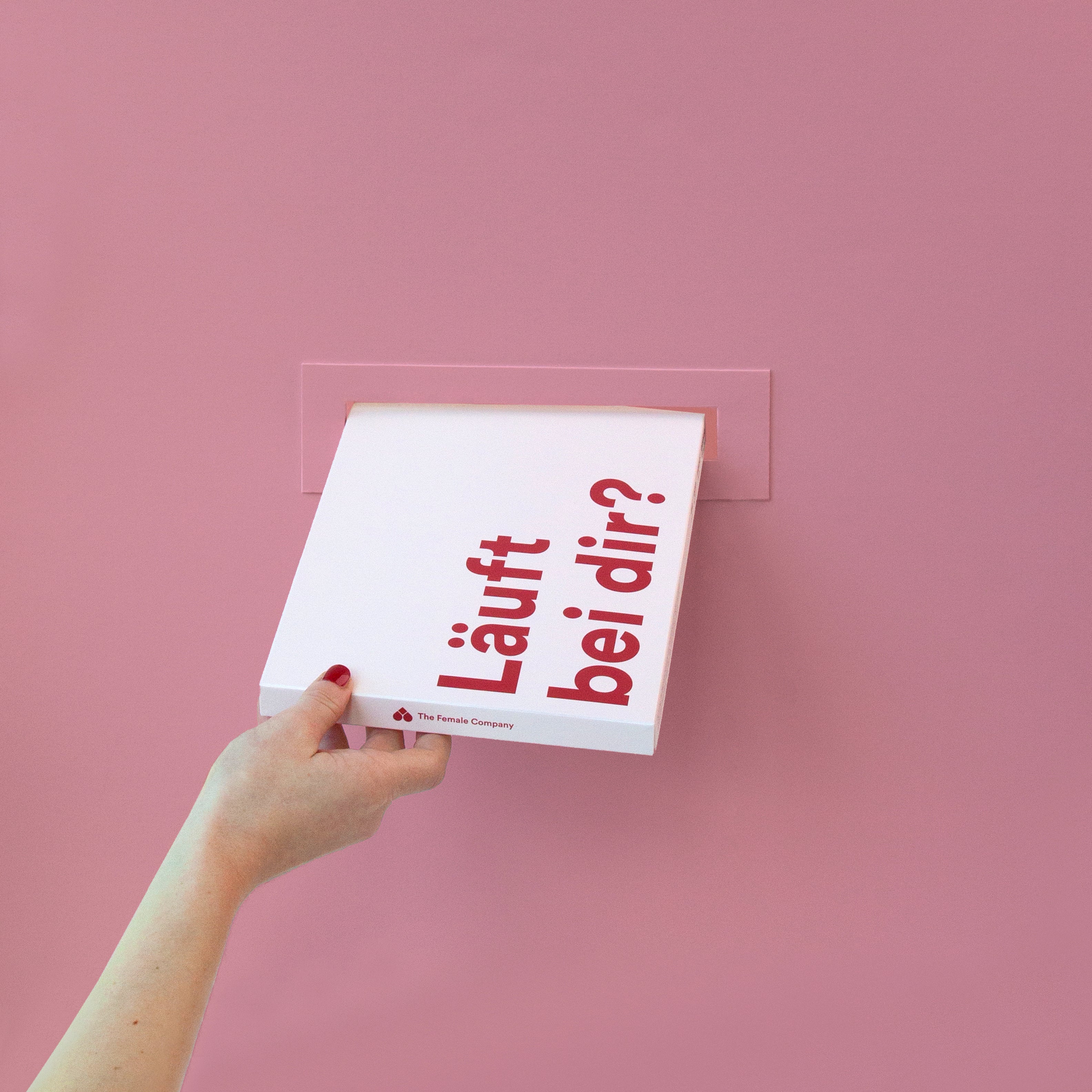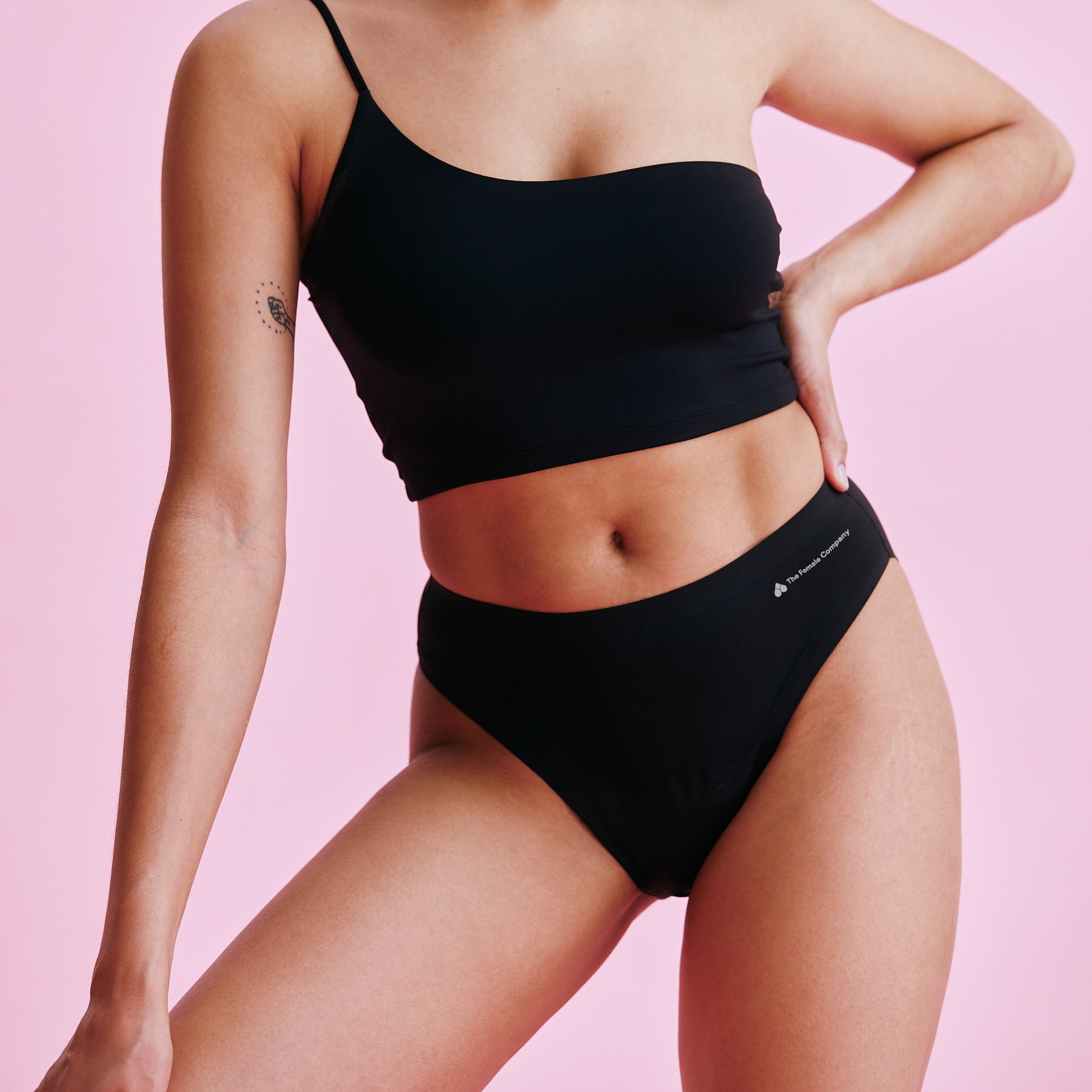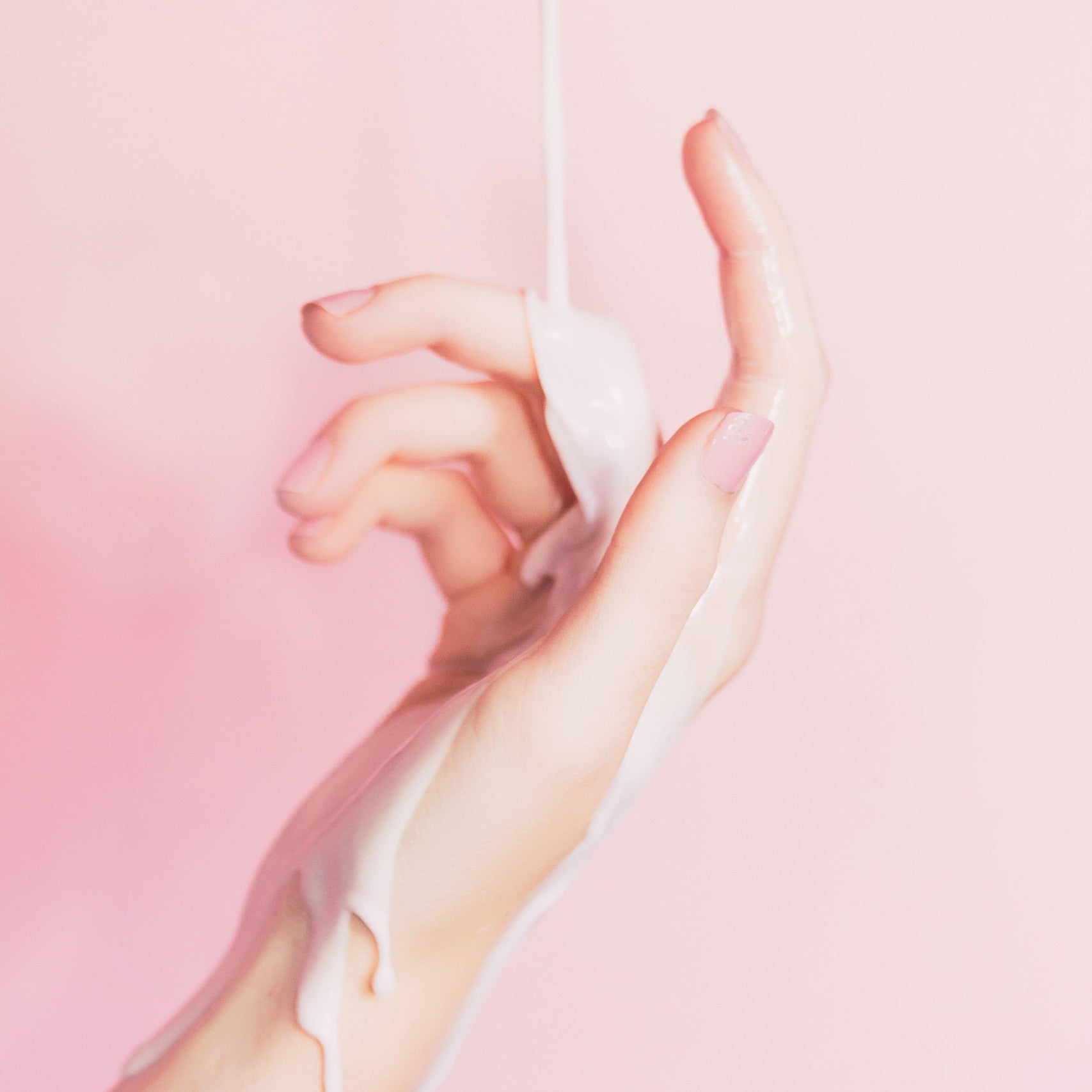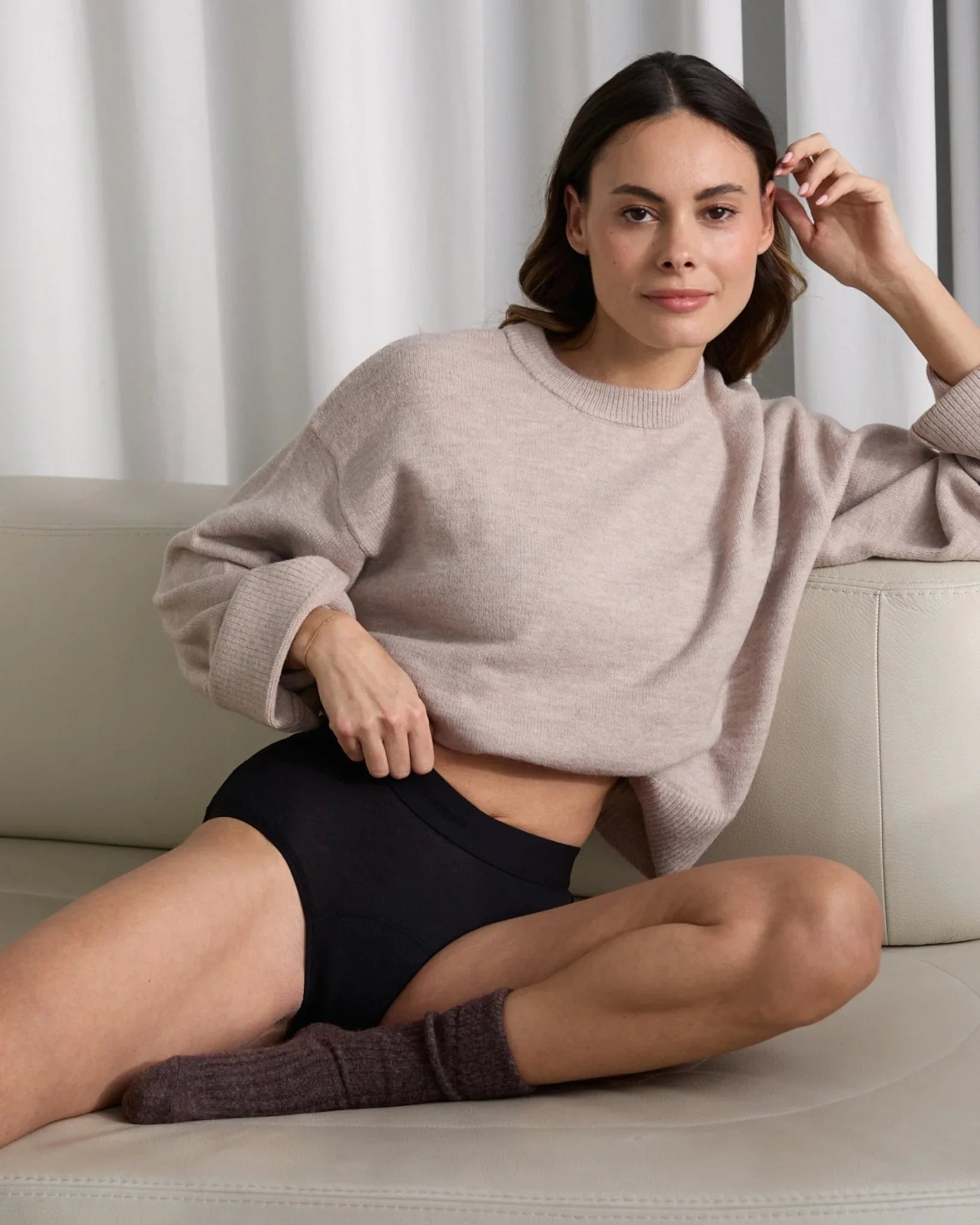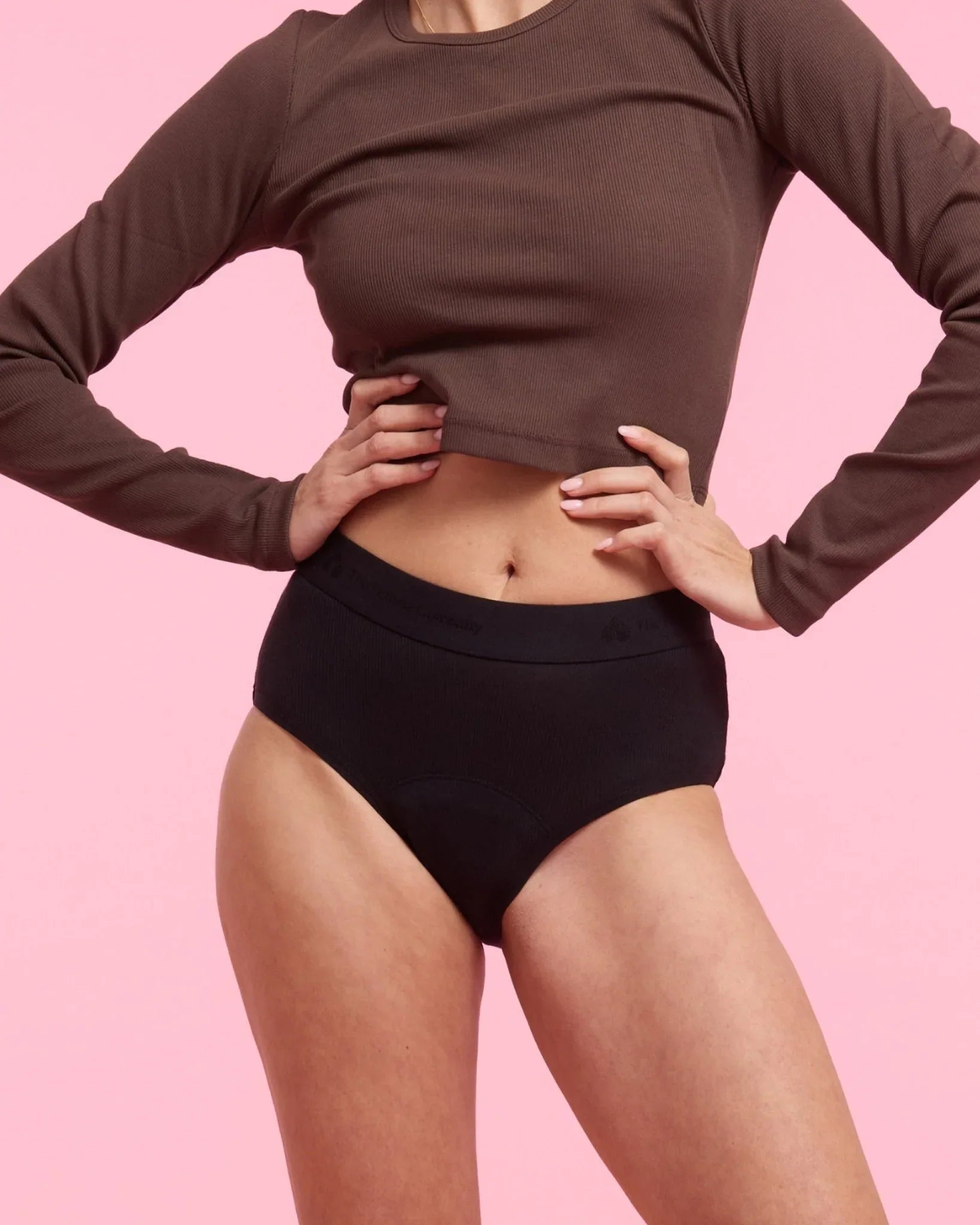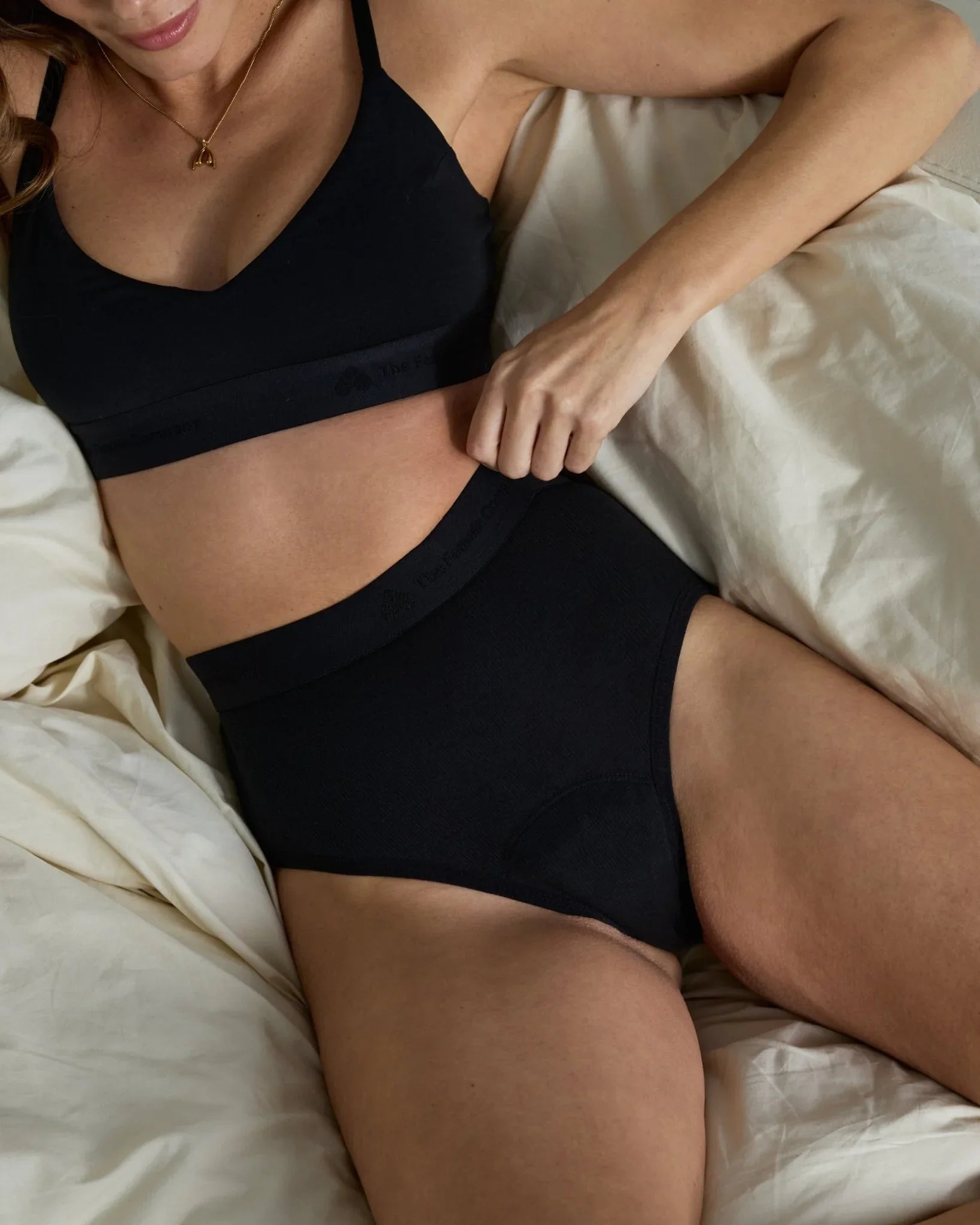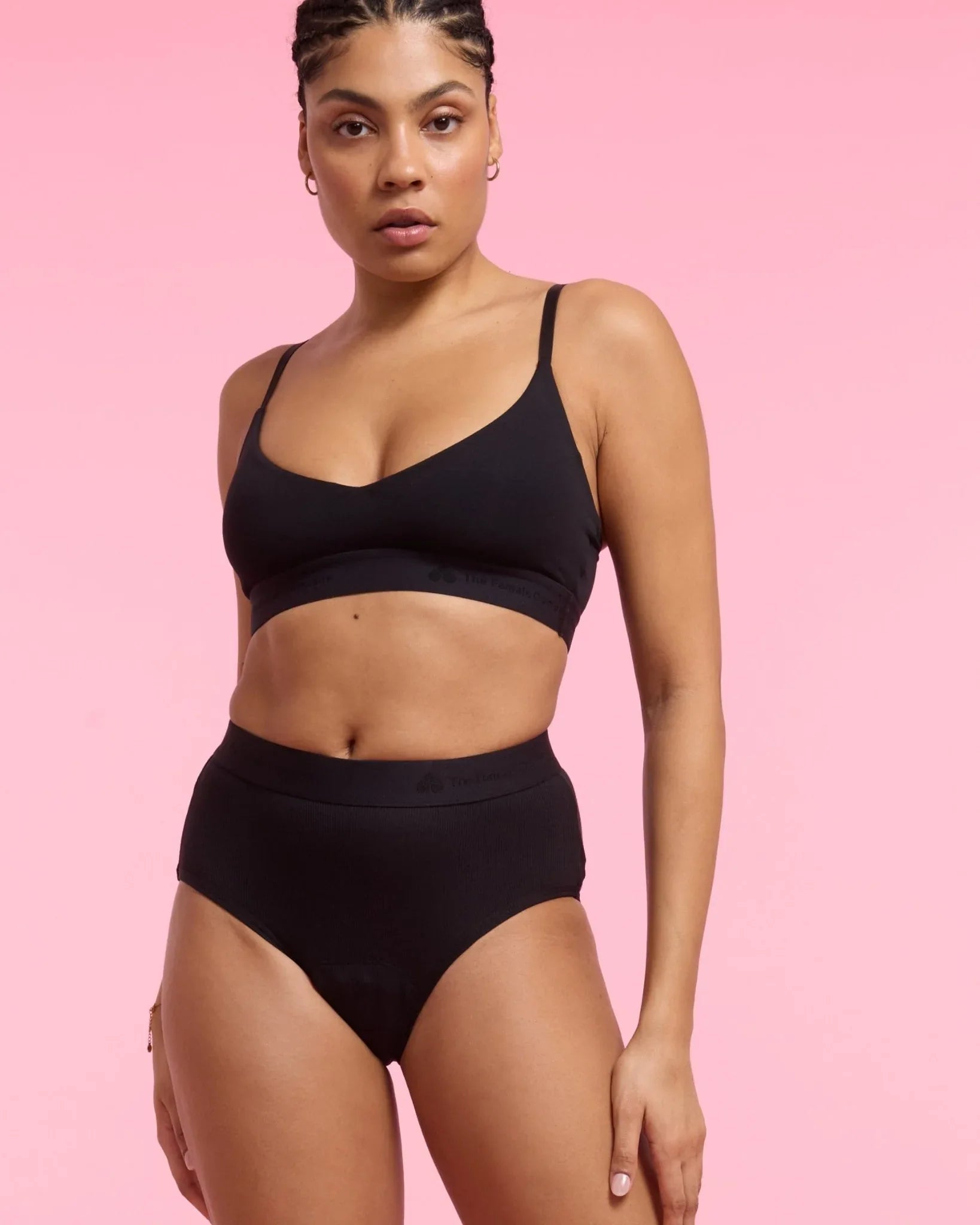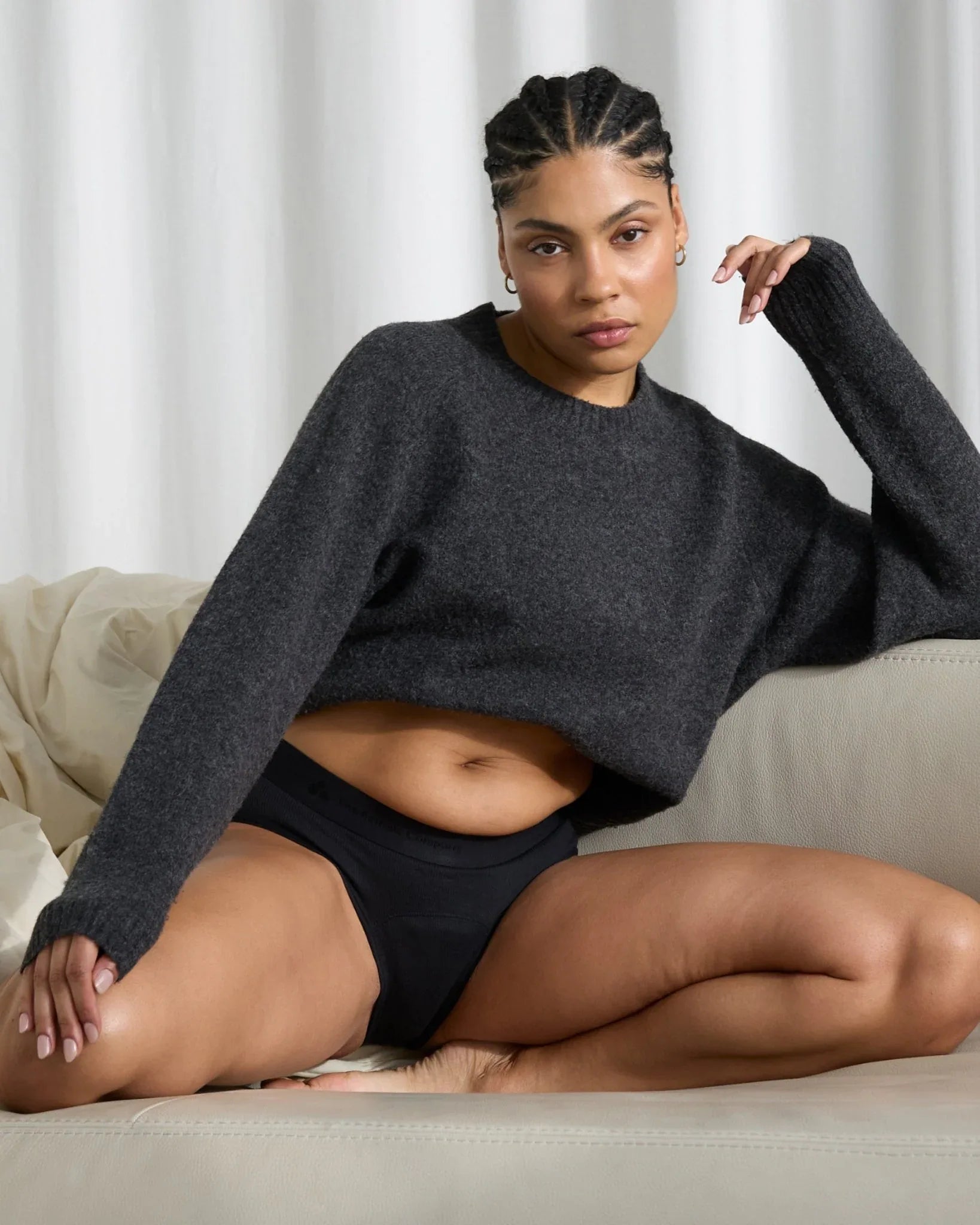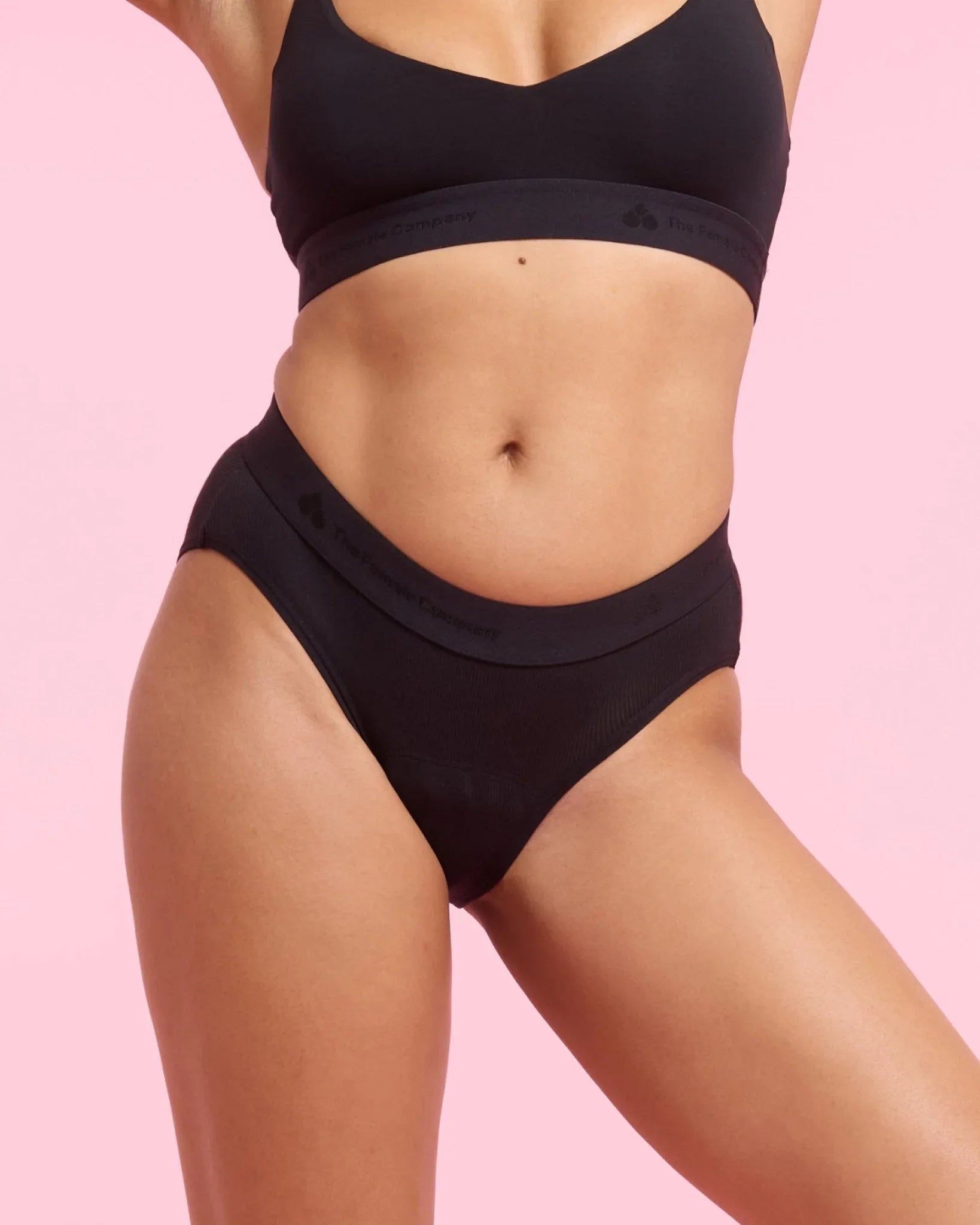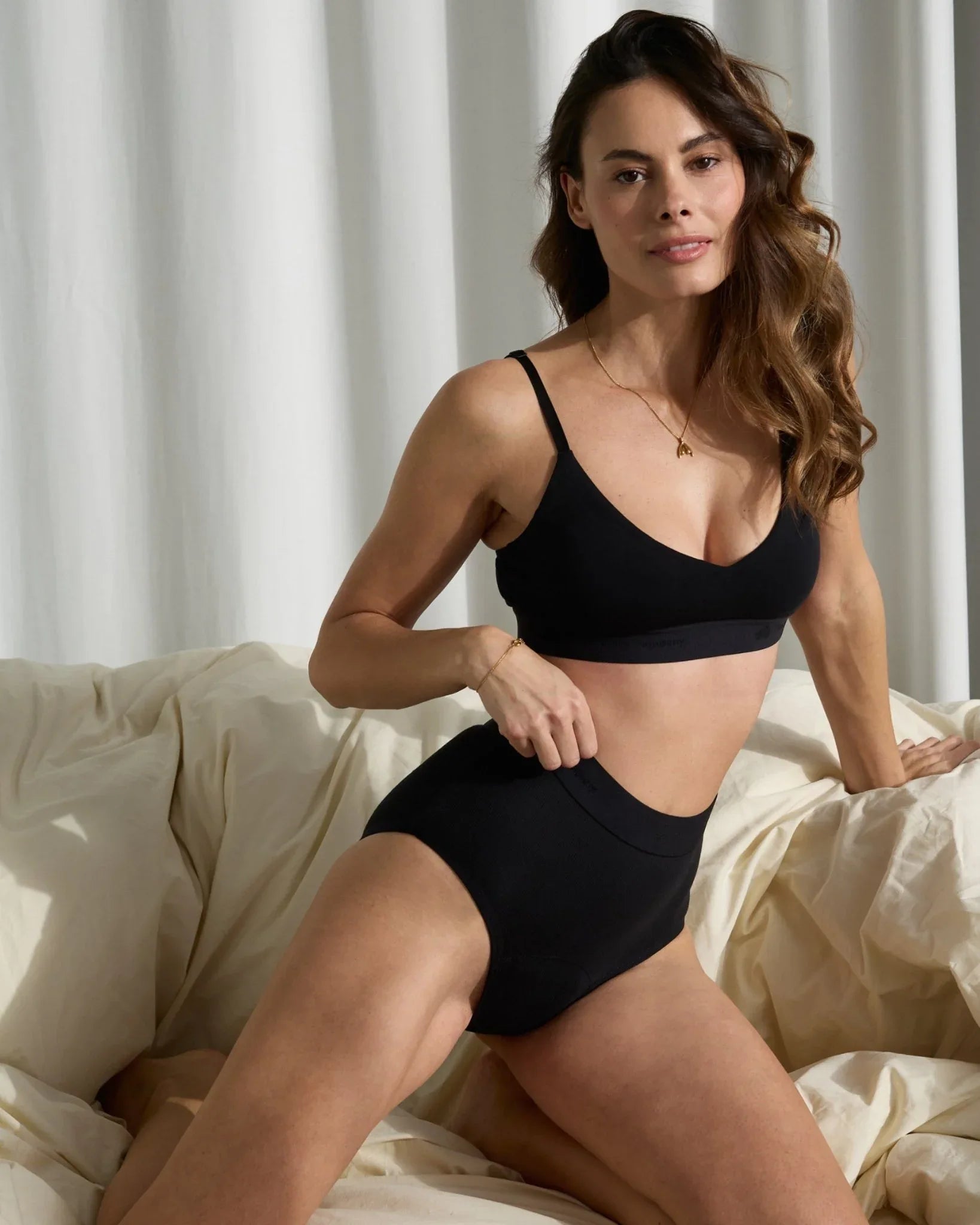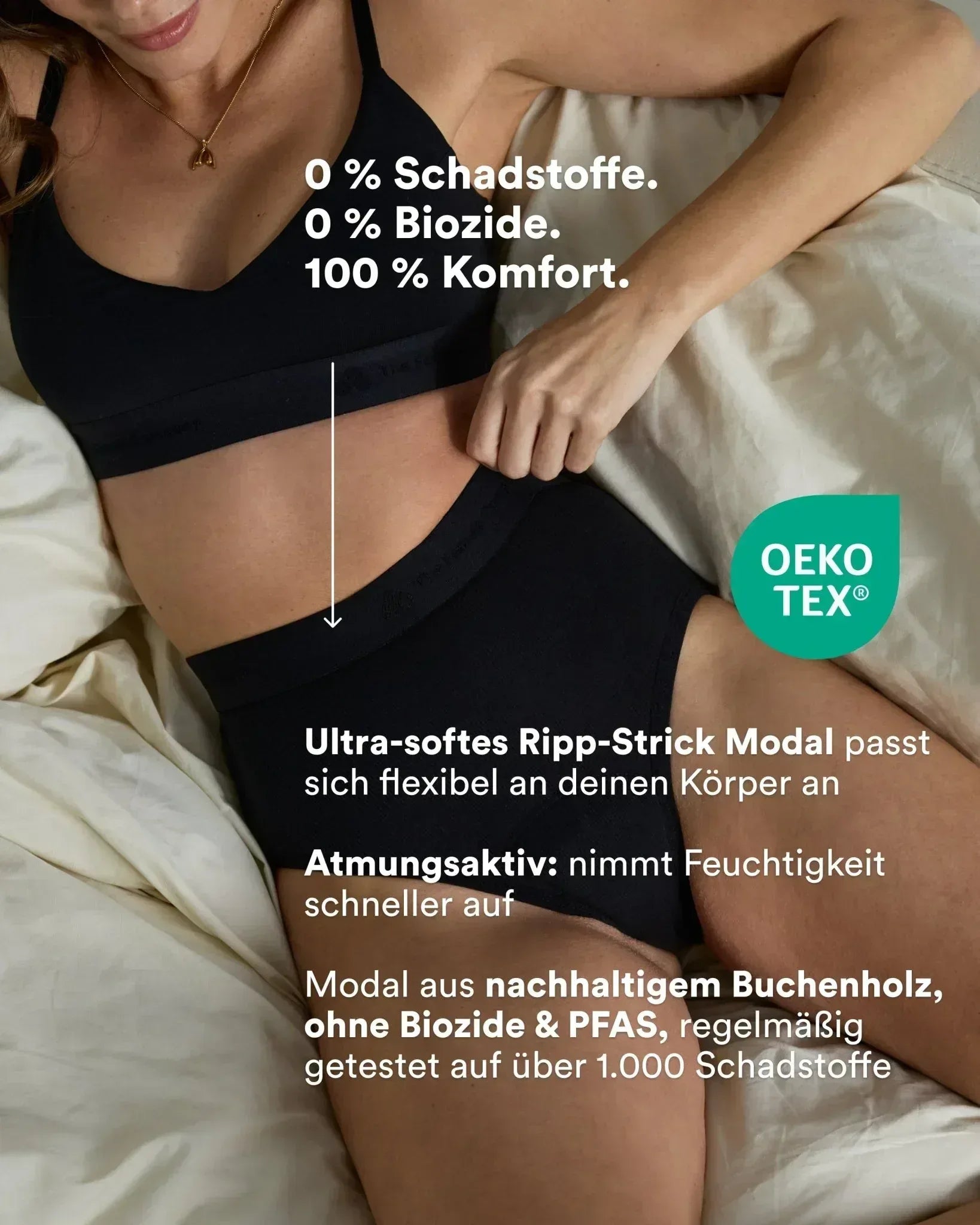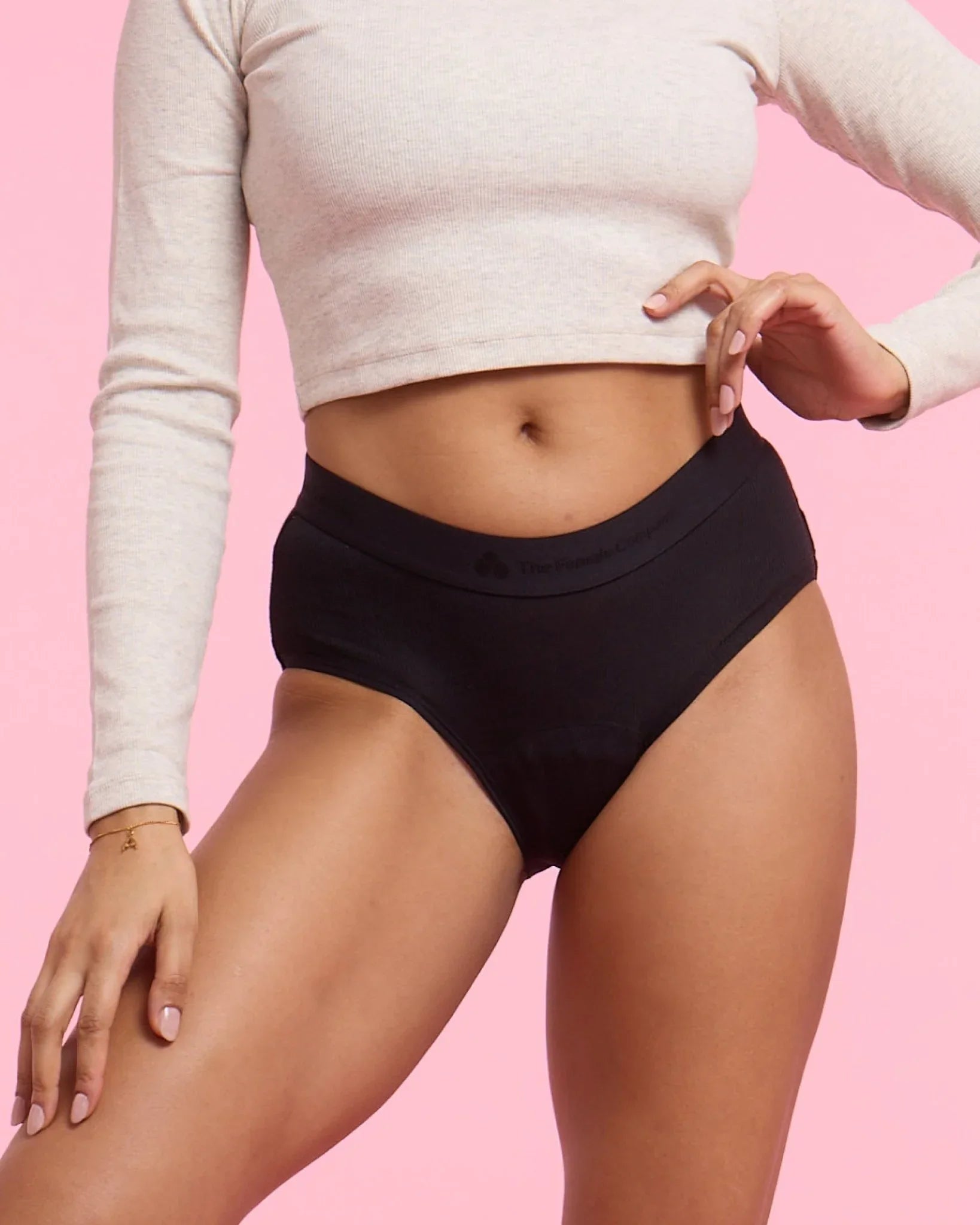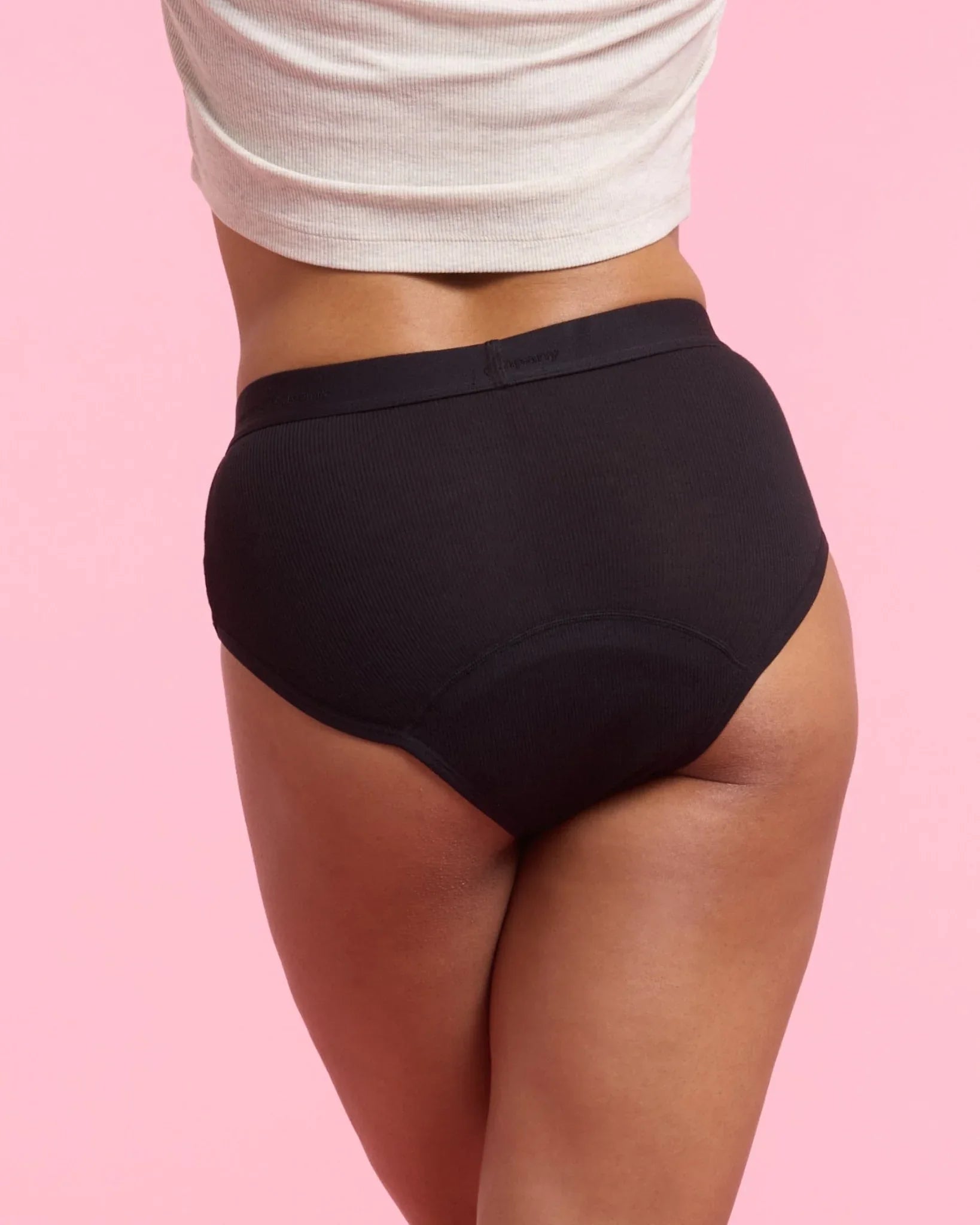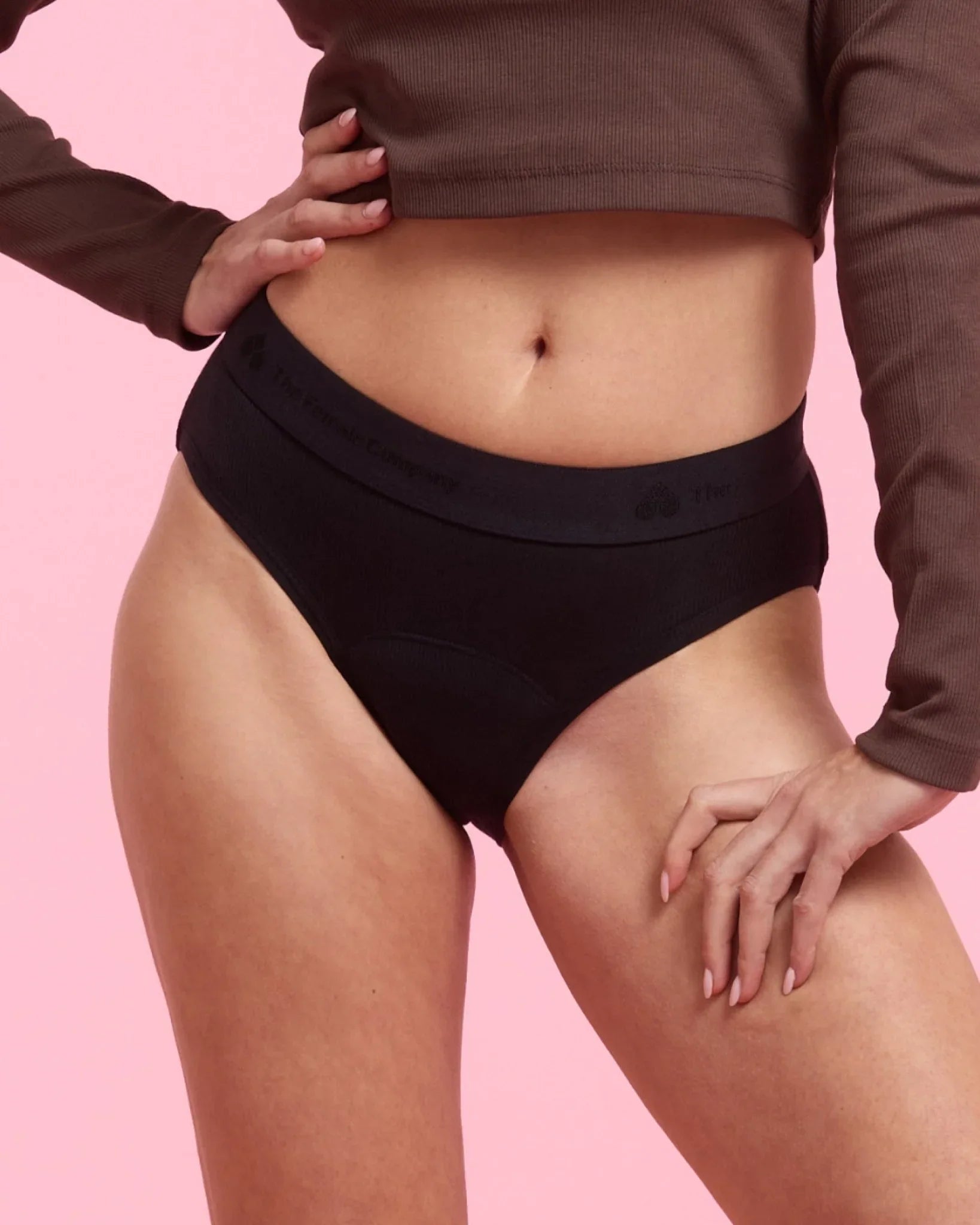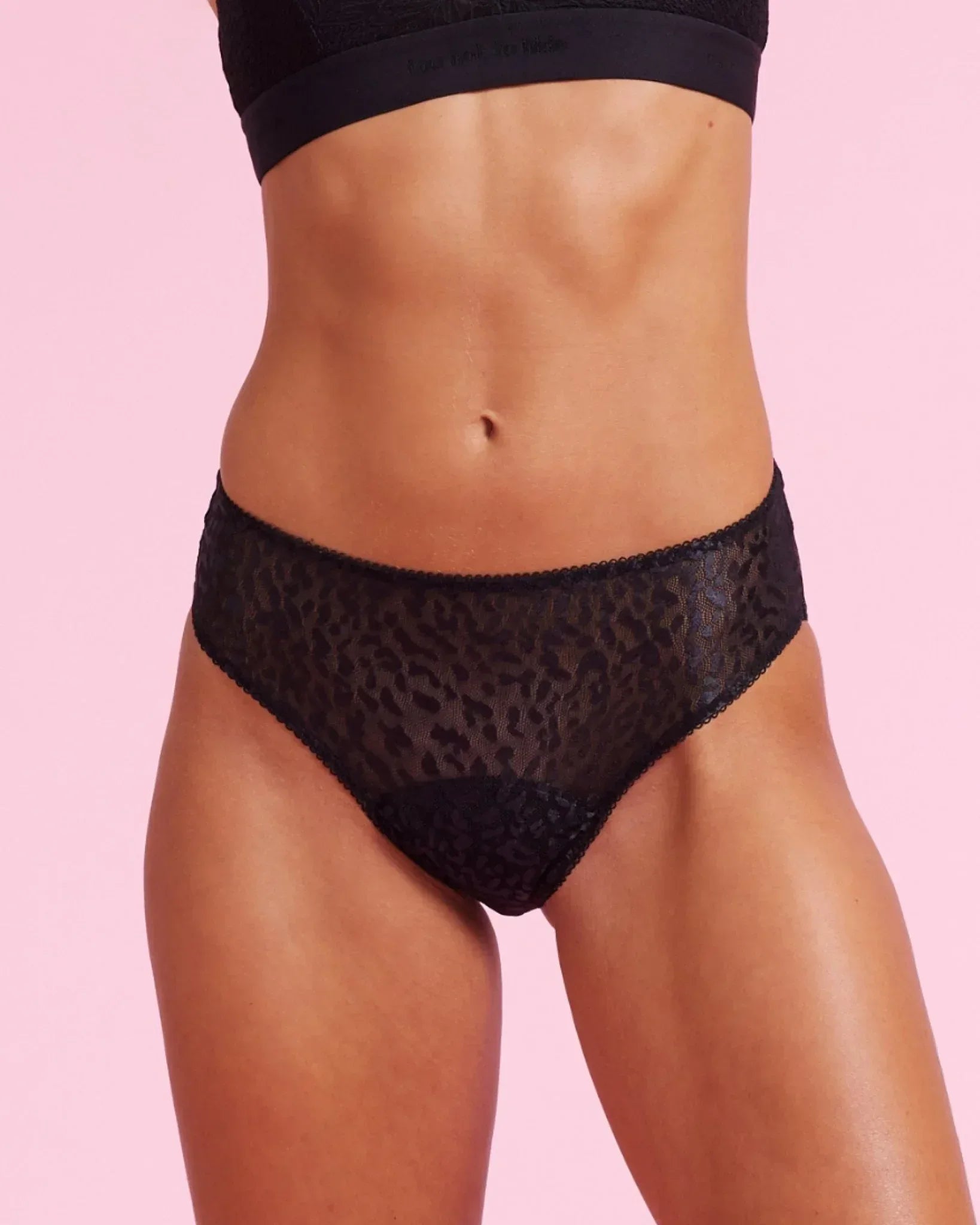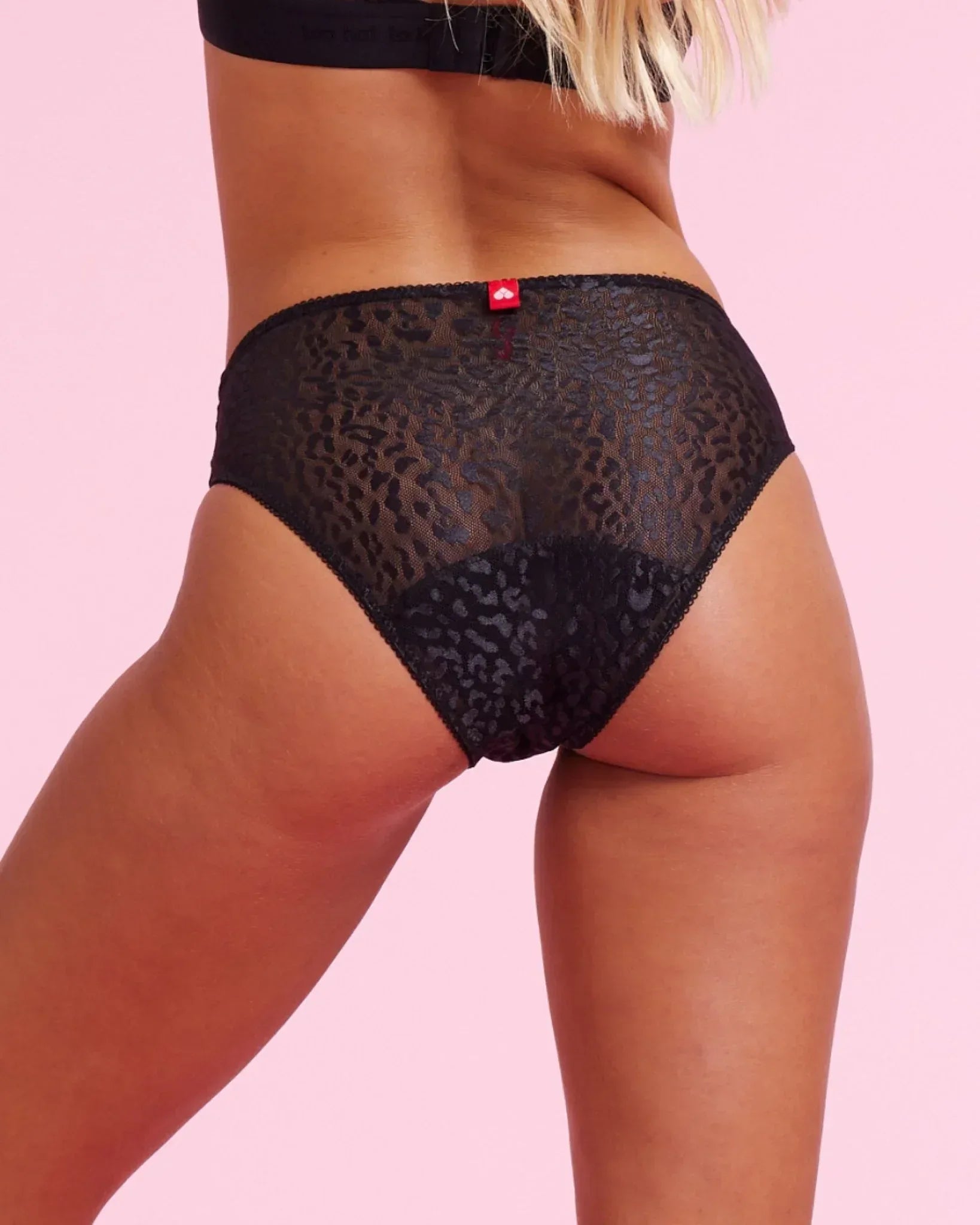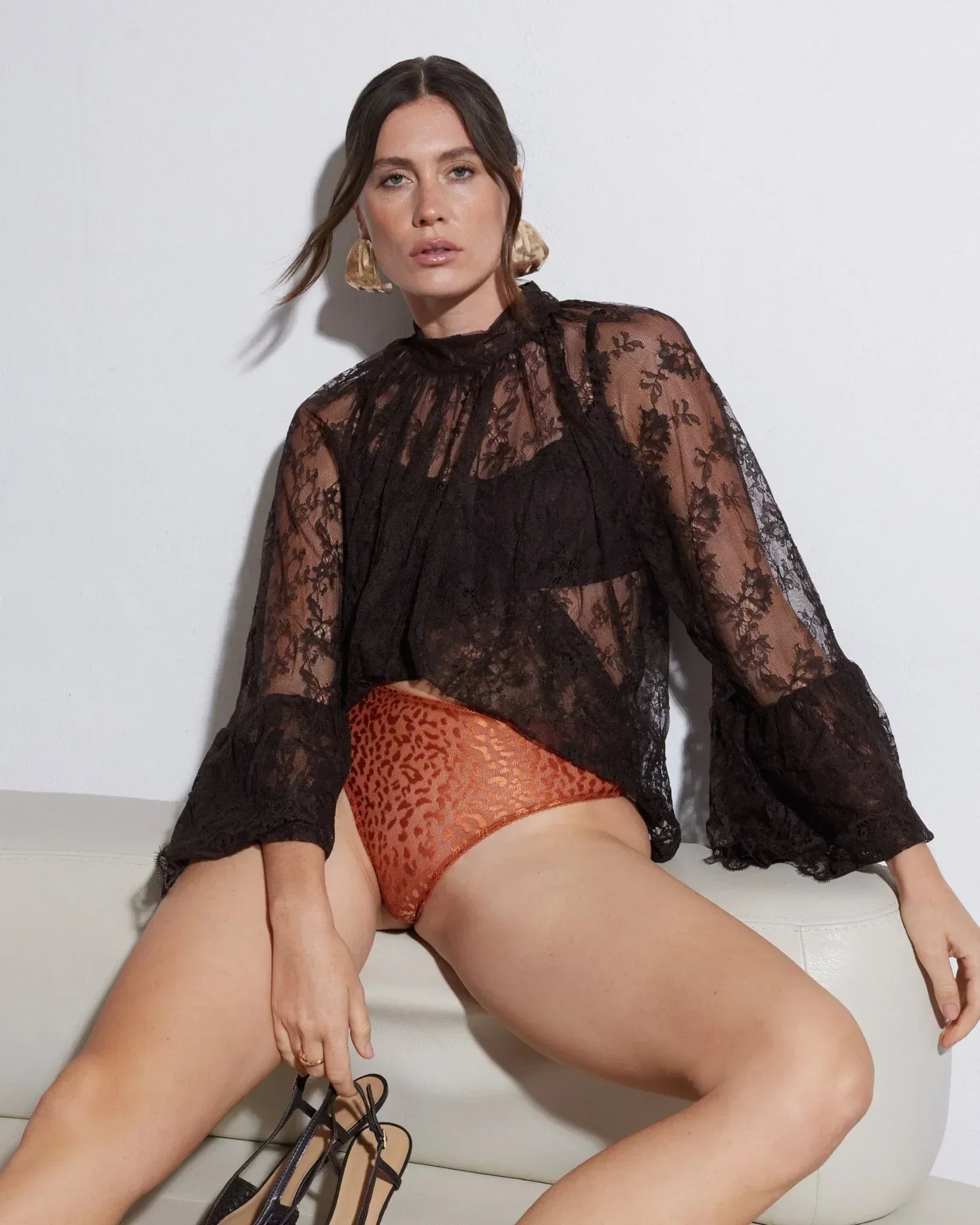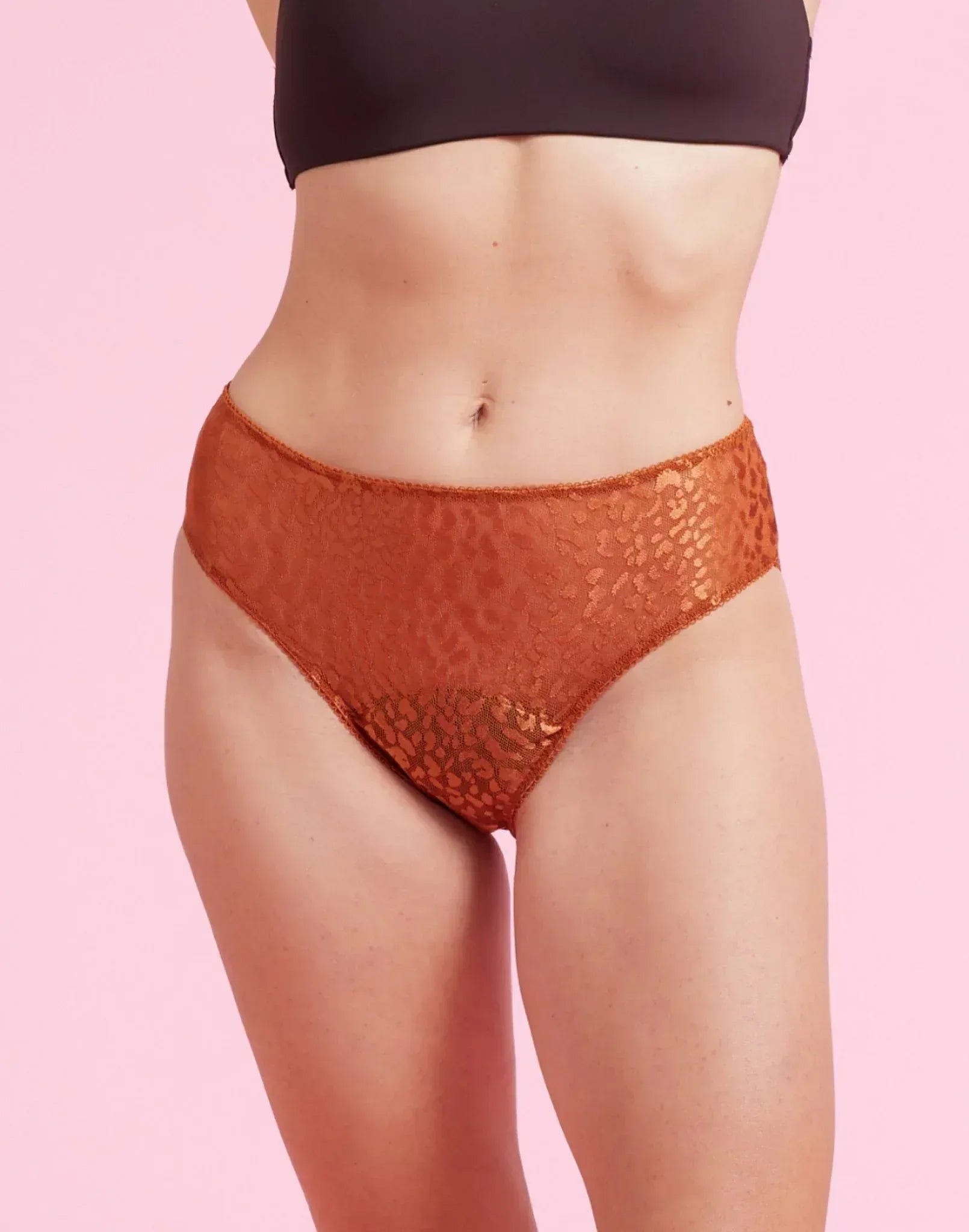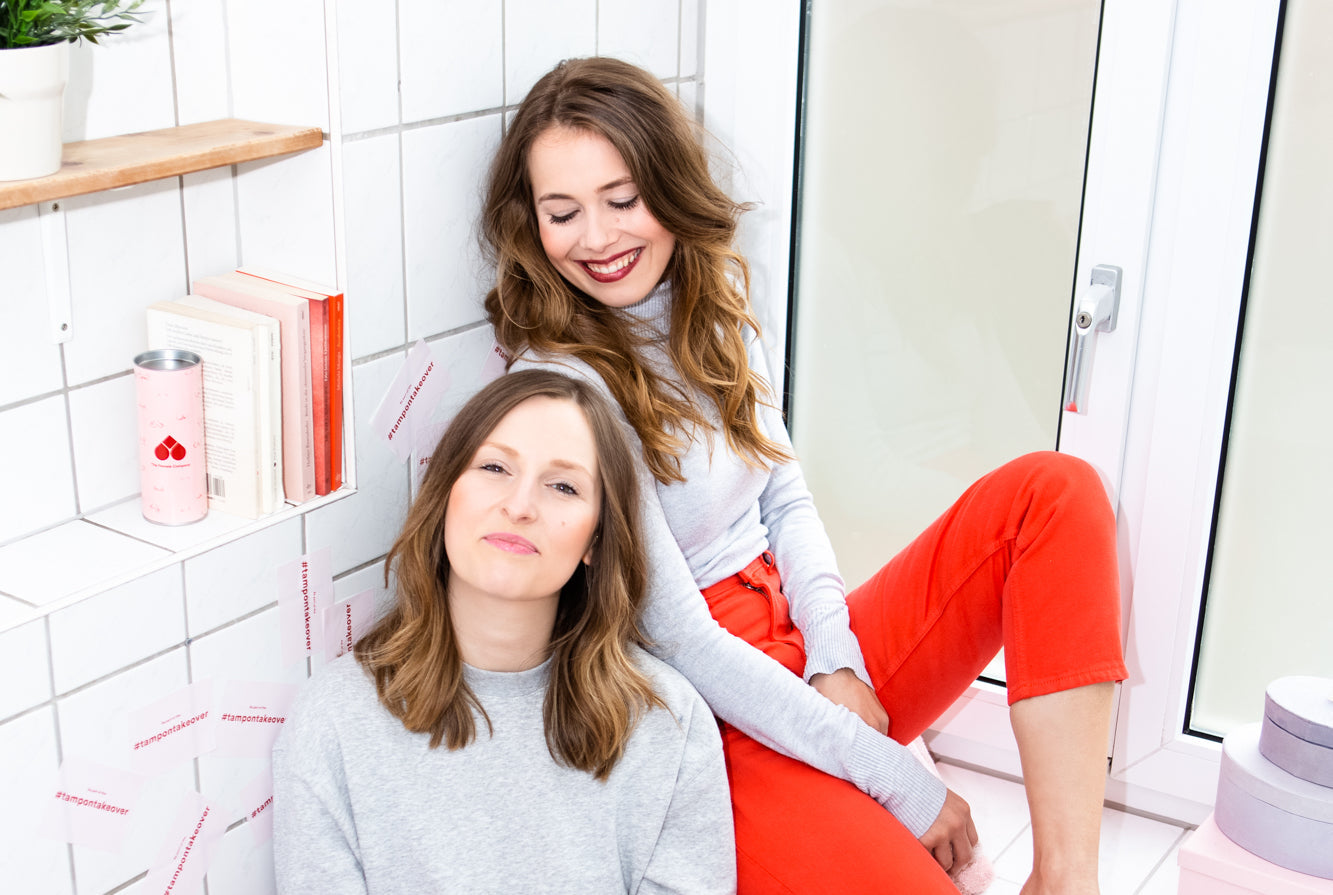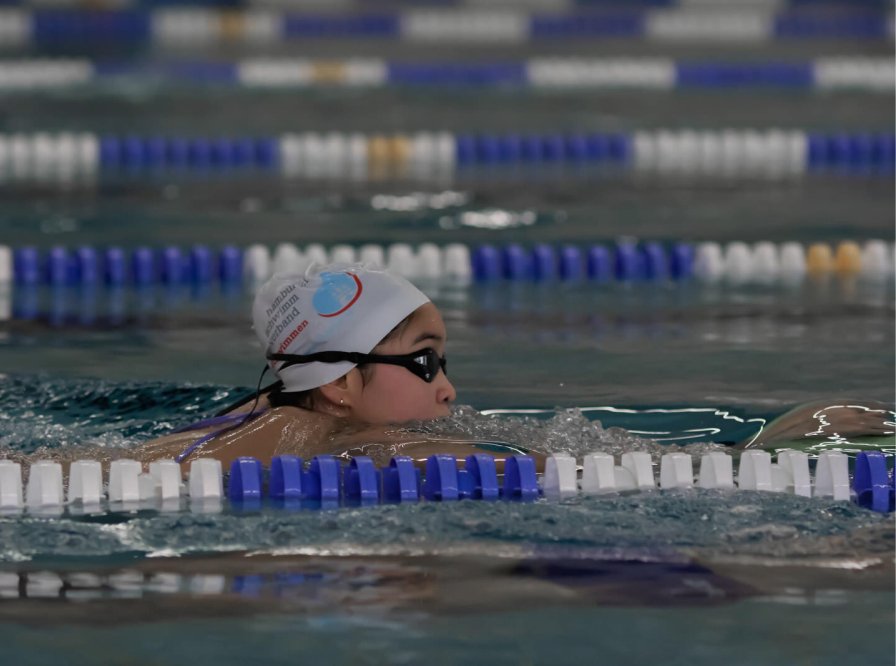Better education and breaking the taboo of periods are just some of the things Esi wants. She has been swimming and pursuing her dream for 8 years. Now she is taking the opportunity to speak frankly about cycle-based training and tampons when swimming. And how she had her first experiences and who supported her.
Since when have you been swimming?

Esi: I started competitive sport in Hamburg in 2016. I started swimming with my sister. At some point the question came up as to whether I wanted to do it as a competitive sport. You then go to the base in Hamburg, where you have to take and pass various tests . For example, the versatility test together with the best swimmers from Hamburg. If you prove yourself here, you are sent to a screening group and then you are free to choose whether you want to go back to the club or go to the sports school to continue training in the sport professionally. For me the decision was then made: all-day school with lessons from 8 a.m. to 4 p.m. and training in between. The school is not just for competitive swimmers, but for all kinds of sports. I also find it really nice to talk to others about their sport and share experiences or recipes for success.
When did you get your first period?
Esi: When I was 12. I had it on a weekend and was at home and my second period was right at the time of a competition. That was a bit overwhelming for me. You swim under completely new circumstances and have to get into the groove. What are the start times and when can you go to the toilet to change your tampon ?! You have to find your way around here yourself.
Did you feel like you could talk openly about your period? Or did you have someone you could trust?
Esi: Luckily, I could always talk to my mum and my big sister about everything. They gave me lots of tips ! But otherwise in the club, you turn to the older people. Unfortunately, there are no contact persons or people you can relate to in the club.
"Of course, the period plays a mental role in the competition."
And what about the competition?
Esi: It took a while to get into a routine. With changing tampons etc. and I have severe cramps before and during my period . This obviously plays a role mentally during the competition. I think about whether the cramps are severe and whether I should take a painkiller or not. Of course you worry that your performance will suffer because of the cramps. After all, you want to swim well!
Have you ever heard of cycle-based training?
Esi: Yes, definitely! But we don't do that.
What are your experiences with periods and exercise?
Esi: In the water, your period hardly flows at all, but is held in place by the water pressure. When you come out of the water, the blood starts flowing again. Here, the blood sometimes runs down your leg or drips onto the floor of the pool. Then you have to run to the toilet and bleed yourself out. By the time you get back, the other girls have already cleaned up the blood on the floor with water. It's unpleasant, of course, but it happens so often that it's no big deal anymore.
In which moments do you feel empowered?
Esi: I always feel good when I can have fun! Of course it's also nice when others bring a hot water bottle and we support each other. The solidarity in a group just feels really nice. My biggest goal is to always have fun and not to forget that - competition or not!
"It's funny because they're all men and they don't even know what it's like to swim with a period, especially at our level."
How is the topic of periods and competitive sport generally treated? How is it handled in competition situations or are there special training plans?
Esi: Cycle-based training has been discussed with us before, but the trainers don't want to do it . They said that they know what is good and how to train. It's funny because they're all men and they don't know what it's like to swim with a period, especially at our level. I also think that the topic of nutrition and cycles could be dealt with much more intensively. It has such a big impact and there are more and more findings and studies on it. It would be nice if it played a more important role in swimming clubs too. I also think that it would help a lot of girls to think more about their cycle.
Have you ever heard of the term amenorrhea?
Esi: No, actually not yet!
What are your wishes for competitive sports?
Esi: I would like to be able to talk openly about problems. And to put an end to taboo subjects . It is so important that we learn and find out more about the female body in relation to competitive sport. Many things not only have short-term effects on a competition, but can also have an impact on life - for example if you want to have children or if too much training at a very early age can cause your body to develop differently. More openness on such topics would be nice. Not just in the club, but also in the media!
Do you have any advice for younger swimmers?
Esi: Periods are something that all girls have to go through and the first period in particular can be overwhelming. Especially in swimming. But you shouldn't feel left alone with it. Reach out to older people, we're happy to help and are here for you!
